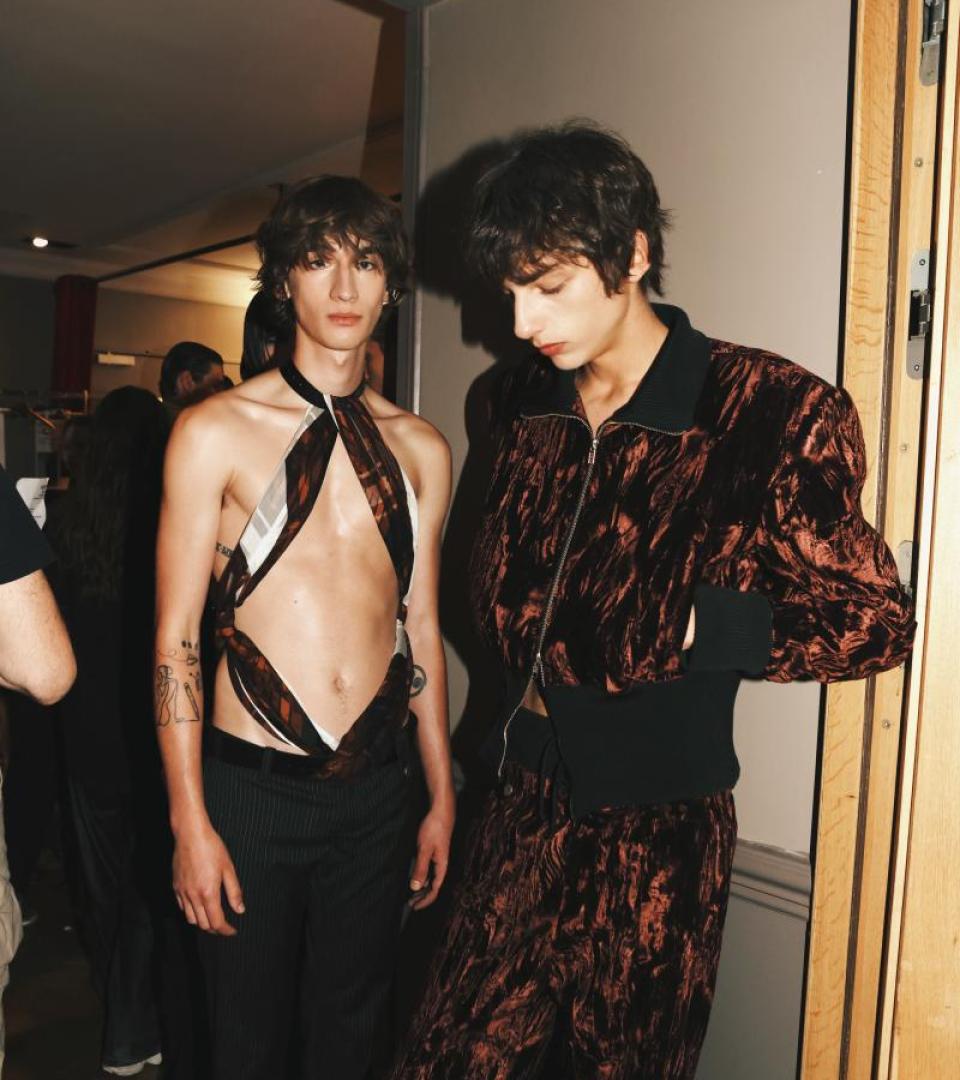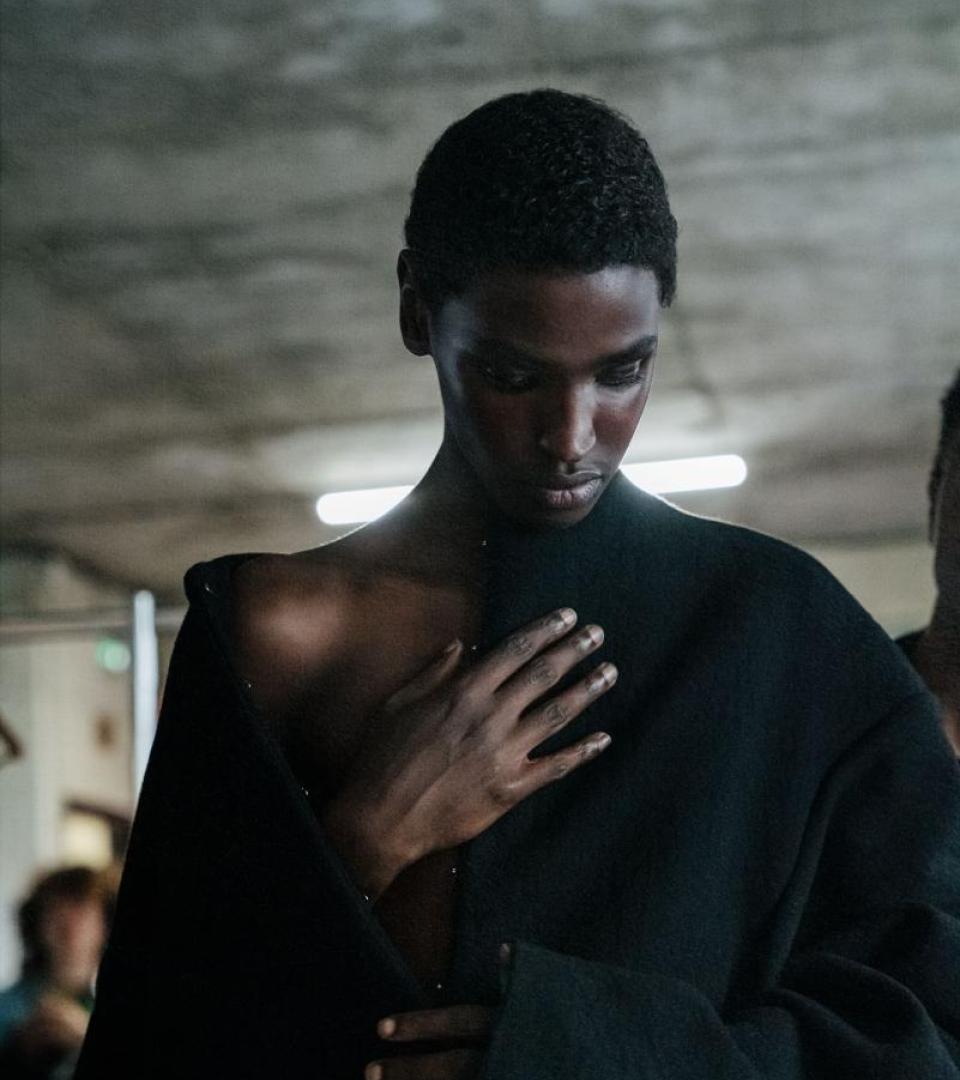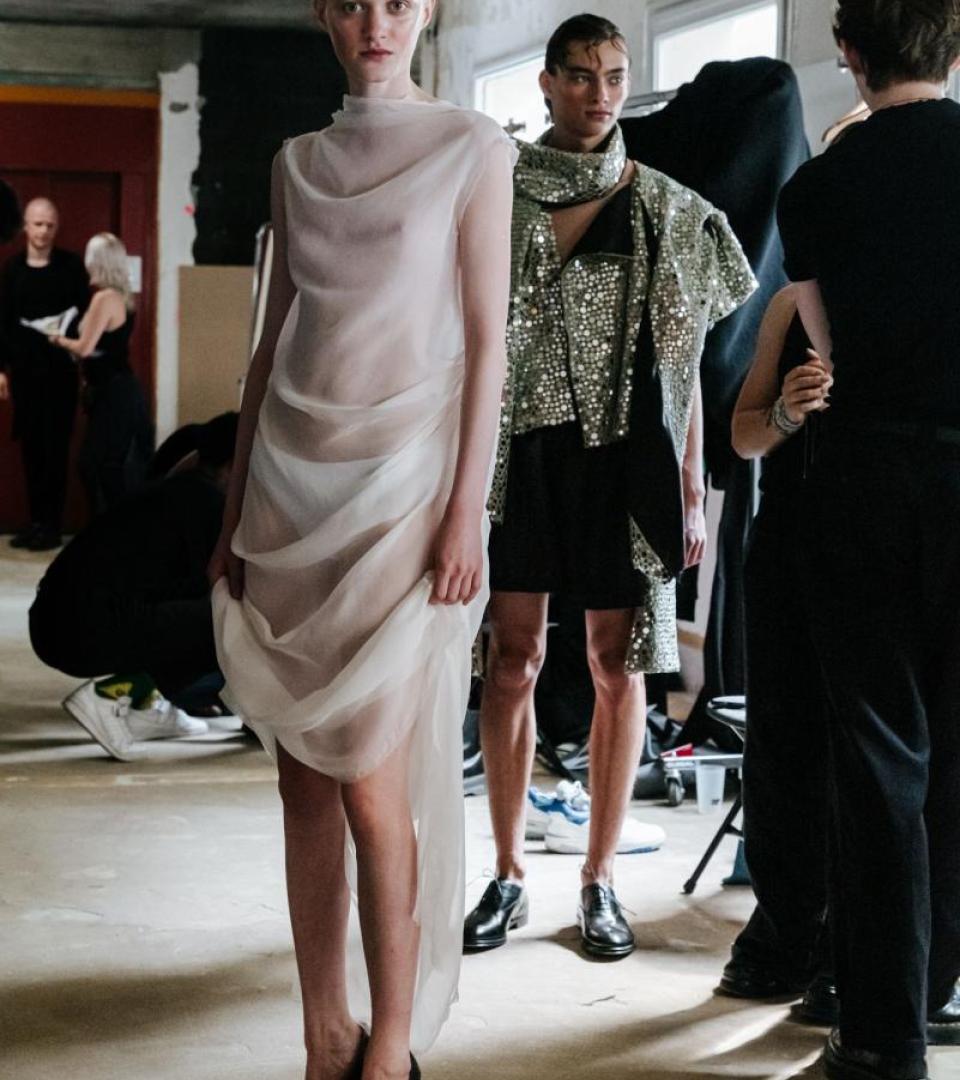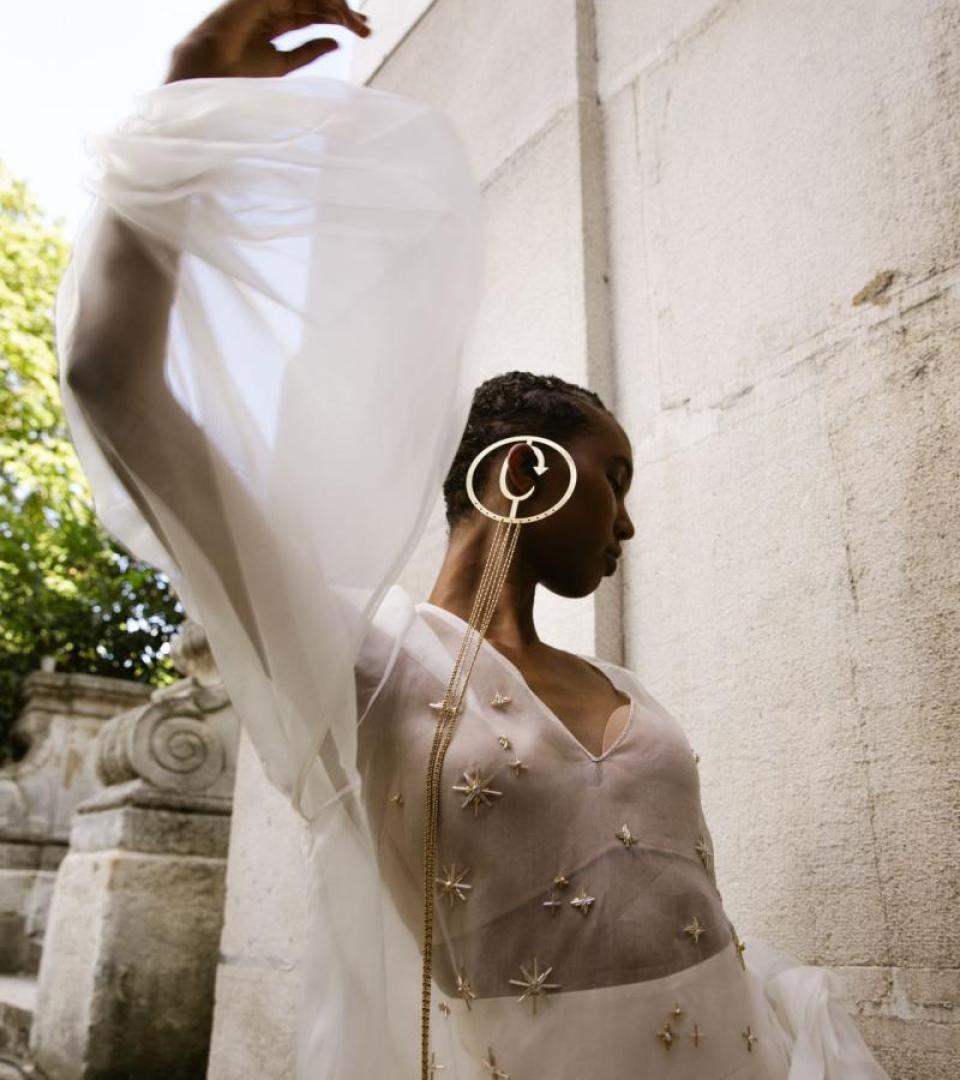Where do you look for new ideas or voices in fashion?
I’m probably biased as a YouTuber myself, but YouTube is hands-down my favourite platform for fresh perspectives. Short-form content might be today’s meta – quick, bite-sized, and algorithm-friendly – but there’s something irreplaceable about immersing yourself in a 45-minute fashion analysis or stumbling across a decade-old interview with a legendary designer. It lets me cross-reference what I think I know against the industry’s own history, and break free from the usual echo chamber. Outside the internet, I love striking up conversations with strangers on the street. I find that some of the most intriguing people have no direct involvement in fashion. They might be architects, painters, or creatives in adjacent fields – people who dress with their own world and practical needs in mind instead of following a “fashion person” formula. Conversations with individuals like that, particularly those older than me, can spark the most unexpected ideas and perspectives.
How essential is heritage and/or a distinctive identity in contributing to a brand’s success?
When harnessed effectively, heritage can be a brand’s biggest superpower. Just look at Chanel, Hermès, Ferragamo, and Prada; many of the most influential houses remain majority family-owned, which usually means they’re driven by craftsmanship and integrity, rather than perpetual year-on-year growth for shareholders. Consumers today are increasingly savvy, and they can sense when a label genuinely values its legacy. If heritage is applied with sincerity, it can give you that rare spark in a sea of sameness.
What do you enjoy most about Paris Fashion Week®?
Honestly, it’s the chance to reconnect with friends from all corners of the world – people I might only see a couple of times a year, if that. Paris Fashion Week® brings together so many different talents, cultures, and passions, all united by one love: fashion. It feels like a stylish family reunion, and the energy is infectious.
How would you define chic in a contemporary context?
Chic today goes beyond clothing; it’s the knowledge you seek, the experiences you’ve lived, and the rituals you practice. True style comes from reflecting on your brightest qualities and your darkest complexities, then using fashion as a canvas to express that duality.
Tell us something surprising about how you got to where you are today.
I stepped into the fashion world with no degree, no connections, and zero industry experience. Instead, I poured all my energy into mastering a niche skill that brands needed, but may not have understood. I started cold-emailing, sending my portfolio around, until one brand finally said yes, then another, and another. Freelancing let me learn on the job while giving labels the flexibility they craved. Over time, through grit, study, and absolute dedication, I built up my expertise and found myself where I am now.
Once I’d established myself as a freelancer and honed my craft, I decided to explore content creation as a way to connect with people who share my passion for fashion – and to document my journey as a creative and consultant in the industry. About a year and ten months ago, I launched my YouTube channel. After a lot of hard work, dedication, and persistence, I’m incredibly fortunate to have built a community of more than 7.5k subscribers – and truly some of the smartest and most supportive people I’ve ever encountered.
In what ways might you hope to have an impact on fashion this year?
I aim to be a beacon for people who look like me or who share my background and experiences – people who might not see themselves represented in fashion at first glance. When I started, I could count on one hand the people who “put me on.” Now, I want others to see that fashion isn’t some elusive secret society; it’s an arena where you can shape your own narrative. If I can open that door a little wider for someone else, that’s the impact I’m after.
Can you share a mantra that speaks to this moment in time?
“Less is more.” This idea can be interpreted in countless ways, but I see it as a reminder that the solutions we seek lie within ourselves. It’s a call to question endless consumption and the pursuit of perpetual economic growth as measures of success. Everything we need is already available to us. By moving away from a mentality of conquest and toward one of communal support and renewal, we can move beyond the current scarcity mindset we find ourselves in as a society, and into a more sustainable, future-focused system that is suitable for the twenty-first century.
This interview has been lightly edited.



